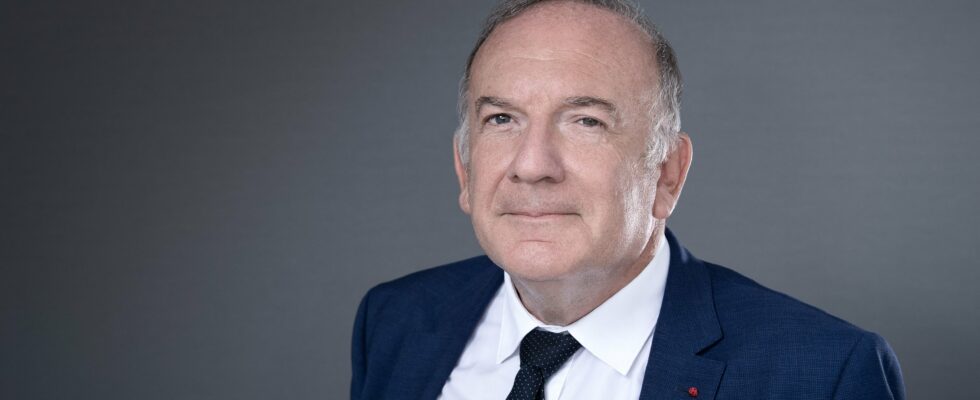It is surprising to note that the company, an essential pillar of our economy, has been largely neglected in the political “debates” of the recent elections. There was much talk of Keynesian recovery, increased taxation and increases in the minimum wage… while companies themselves were totally absent from the topics of discussion. However, they are the real engine of the wealth and prosperity of nations and their peoples. It seems to me essential today to recall a few fundamentals.
The company is above all a human community, a place of pride and fulfillment for the men and women who work there, through merit and work. It is a unique space for the integration and respect of minorities, whatever their origin, race or religion. The company is also a melting pot of innovation and the creation of solutions to meet the needs of our fellow citizens, but also to resolve a large part of the present and future problems linked to climate change and the ecological, digital and demographic transitions.
Without French companies, the products and services consumed by our fellow citizens would all be imported, increasing deficits and debt, and impoverishing the country. Finally, companies are probably one of the last democratic bulwarks in France, along with perhaps our 36,000 municipalities, while political parties, schools, most administrations and religions are shaky institutions and no longer play their role as shock absorbers, integrators and social elevators. This positive vision is sorely lacking today.
So, what can be done to protect and promote this institution, which is often forgotten, sometimes despised and very poorly taught in France? Let us recall the conditions necessary for the development of the company.
First of all, we need an environment of trust, conducive to its operation, that is to say an environment that is fiscally stable, socially serene, and regulatory simple. If taxation is constantly changing, return on investment calculations will become complex and random, and investments will no longer be made. If labor law changes or becomes stricter, employment will be threatened and will be made outside France. If regulations become more complex, companies will stop developing in our country and will look elsewhere for more favorable conditions.
Then, we need a competitive environment. However, our country is no longer competitive. With 58% of GDP in public spending, compared to 49% on average in the eurozone in 2022, we occupy first place, with Denmark, among the countries that spend the most public money, and therefore the most taxed. To give the French back purchasing power, we must not increase taxes, already one of the highest in the world, but we must reduce these public spending, as the Canadians successfully did in 1995 under the governance of the Prime Minister at the time, Jean Chrétien, with courage and pragmatism, and without a social revolution.
Finally, we need motivated bosses. A demotivated or disillusioned boss does not go on strike or demonstrate at Place de la République. First, he stops hiring and investing, second, he relocates, and third, he sells his company, often to foreigners, and sometimes decides to expatriate. This is what happened for twenty years in France, between the implementation of the IGF which became the ISF in 1981 and the application of the Dutreil law in 2003, a period during which thousands of entrepreneurs left the country, leading to the deindustrialization of France and its economic downgrading. Let us respect our companies, they are the basic cell and the key to the success of all successful countries, whether they are politically left or right.
Let’s teach microeconomics in all our schools, small and large, and to all French people, rather than these great economic theories that are of little use in everyday life, except to flatter egos at social dinners. A boss, small, medium or large, does not manage his business with Keynes, Adam Smith, Milton Friedman or Karl Marx, even if their theories are intellectually fascinating. He manages it with talented and motivated teams, a winning strategy, cash generation, differentiation of its products and services through creativity and innovation, and operational excellence at all levels. All other countries have understood this: from the Chinese communists to the Italian and Hungarian right-wing extremists, including the Scandinavian socialists.
Why not our French politicians? Why not us?
* Pierre Gattaz is CEO of Radiall, former president of Medef and creator of the think tank L’Institut des solutions.
.
